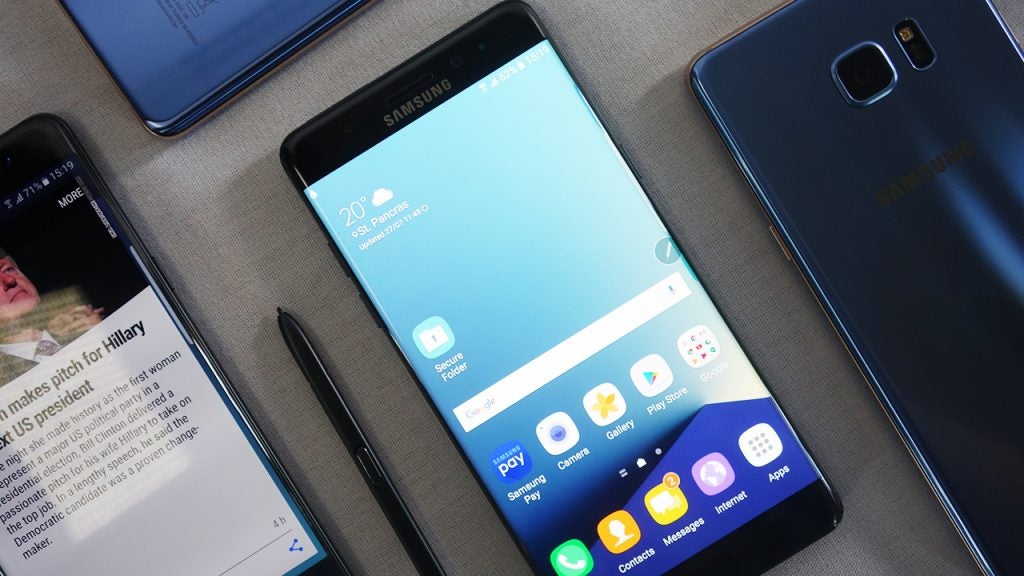OPINION: Honor has sent out invites to a launch event at MWC 2024, and given that the company has started to tease its next-gen flagship, the Honor Magic 6 Pro, it’s safe to assume we’ll be seeing it in the flesh pretty soon.
However, one of the few Magic 6 Pro teasers in particular has caught my eye – and it’s not because of a flashy new camera system, a pixel-packed display or even an eye-catching design. In fact, it’s something decidedly less sexy, but something that’ll benefit you, me and the planet at large: silicon-carbon battery tech.
Up until this point, lithium-ion batteries have been the backbone of much of not only the smartphone industry but the tech industry at large, with lithium-ion tech appearing in just about every bit of battery-powered tech you own, from the best smartwatch to car keys.
The problem
The problem? Lithium-ion batteries aren’t that great. Sure, they allow us to use our phones all day, but they’re not great for the planet. And by not great, I mean pretty damn terrible.
Lithium-ion batteries use compounds like cobalt, nickel and, of course, lithium, which are exceedingly damaging to the environment and substantially harm the ecosystem around these mines. These resources are non-renewable, by the way, with particular elements like cobalt becoming scarcer and scarcer.
There’s also the issue of thermal runaway, an issue that plagues lithium-ion batteries and is essentially the reason that the Samsung Galaxy Note 7 started exploding randomly back in 2016. Granted, it’s a rarity, but it is a risk, especially if the battery itself becomes damaged in any way.

The solution
That’s why Honor’s Magic 6 Pro tease was so exciting; it’s one of few companies to use new silicon-carbon battery tech.
First and foremost, silicon-carbon batteries are much more sustainable and eco-friendly than their lithium-ion counterparts. That’s because the core material, silicon, is more abundant and better for the environment, with both the production and disposal of silicon-carbon batteries creating a much smaller ecological footprint when compared to lithium alternatives.
Silicon-carbon batteries are much safer than lithium alternatives too, thanks to the use of stable electrode materials within the cells. This allows the batteries to stay cool, reducing the risk of overheating and thermal runaways that cause lithium batteries to spontaneously catch fire. It’s worth noting that there is still a risk of thermal runaway with silicon batteries, but it’s a much lower risk.
They’re not just good for the planet either; they’re also great for tech. Silicon-carbon batteries have the potential to offer denser, higher capacity cells than existing battery tech that’ll make smartphones lighter while lasting just as long, if not longer.
It’s tech we’re already seeing in EVs to expand range whilst making them safer to use, with companies like Tesla investing heavily into silicon-carbon battery tech.

When it comes to the Honor Magic 6 Pro specifically, Honor has teased that the silicon-carbon battery within can perform well in extreme conditions. To drive this point home, Honor released videos of the phone being used in a temperature-controlled lab at a chilly -20 degrees Celcius, and even in the planet’s stratosphere, without any issue.
Of course, Honor doesn’t expect you to use your phone on the edge of space, but it does show that it should last longer in demanding cold conditions, like when skiing or living in areas where the mercury regularly drops below freezing.
It also allows for extra battery capacity and improved density, but Honor hasn’t mentioned specifics on battery capacity just yet.
It’s safe to say that it’s something I’m very excited to find out more about in the coming weeks as we get closer to the phone’s grand reveal at MWC 2024 at the end of February, and I can only hope that other phone manufacturers follow suit sooner rather than later.




